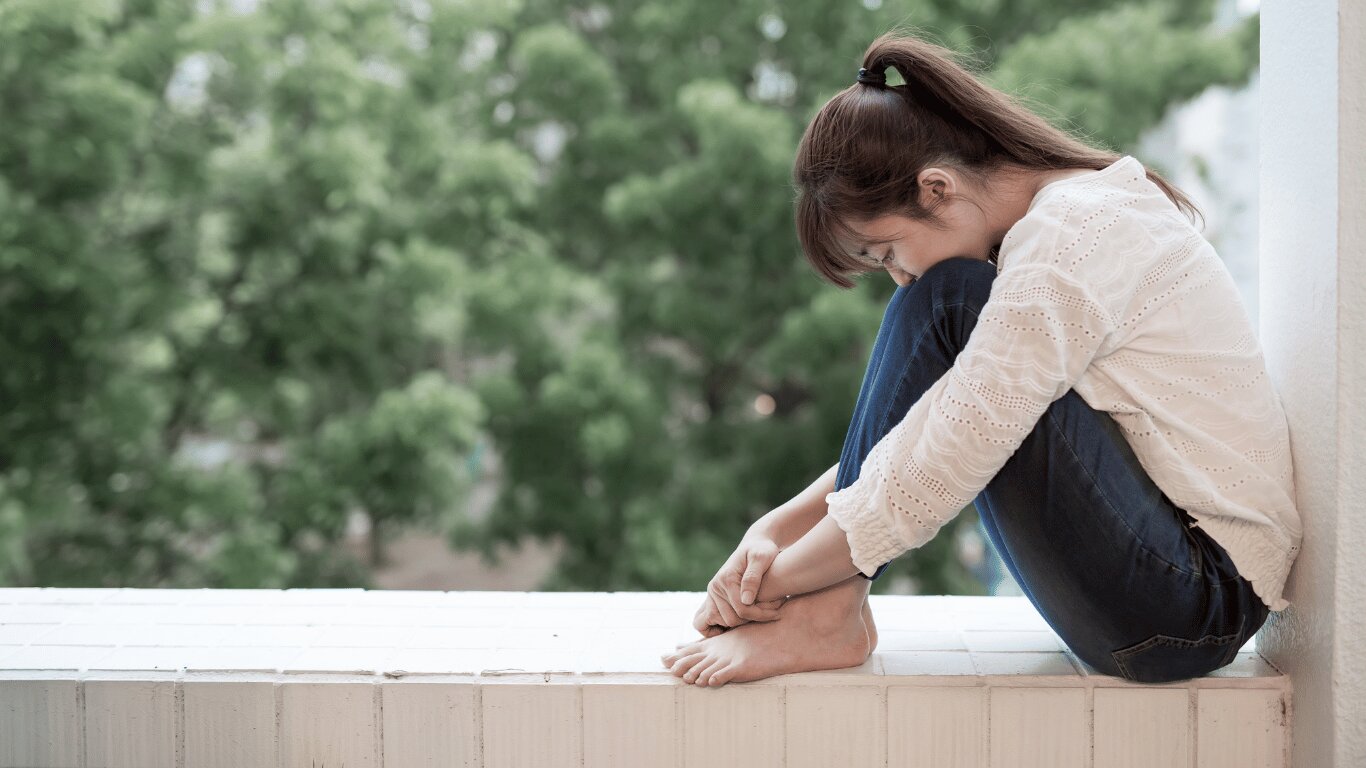The commonest of the traits of children with narcissistic parents is, “I am not enough”. And this is the beginning of everything wrong in their lives. Unfortunately, they don’t immediately realize what’s actually wrong with them. On the contrary, they suffer from this “I am Sorry” syndrome and find themselves inadequate and unworthy in all spheres of life. Be it at school (when these poor kids don’t even realize their malfunction), at college, workplace, with friends, or wherever, they always lack confidence.
Behaviors Exhibited by Children of Narcissistic Parents
When we talk about the “traits of children raised by narcissist parents”, we should talk about two categories of children.
1. Adult children of narcissistic parents
2. Young children of narcissistic parents
The adult children of narcissistic parents are the privileged ones who have greater chances of realizing the fact that what has happened to them. On the other hand, the poor young ones only struggle and struggle.
Let’s start with the adults first.
Traits of children with narcissistic parents (Adult children)

Adult children of narcissistic parenting are the survivors of physical and/or emotional abuse until years later they realize it. Honestly, it is still tough to handle them, no matter how old you are. The poisonous toxin of narcissistic parenting is already in their embodiment and methodology.
No, all survivors of narcissistic parenting do not turn out to be drug addicts or violent abusers. In fact, these poor individuals suffer in their lives. Most of them unknowingly adapt to the damaging traits of their parents. This takes hold of their interpersonal relationships, careers, and self-control.
The common traits of adult children of narcissist parents are:
Low or lack of self-esteem
Children of narcissists always find themselves inadequate. Since they have never been appreciated by their parents, they don’t believe themselves to be enough. They have an inferiority complex when it comes to being with friends or colleagues. They struggle to mix up with others normally. These people constantly judge themselves for everything and have chronic self-blame going on inside them. Hence, there is a round-the-clock self-assessment going inside them. This perpetual self-doubt leads to a never-ending internal war with the self.
Shrinking self-worth
Having been raised by narcissistic parents, these children learn to believe that they are “good for nothing” or “I could have done this better”. They are always on a mission to do things better but always fail to gain that confidence. For them, it’s okay for someone else to degrade them or insult them. They develop a mental set-up where they think they go through derogatory insults and abuses because they deserve it.
People-pleasing attitude
Survivors of narcissistic parenting have seen failures and breakdowns in relationships more than anyone else. For a larger part of their lives, before knowing the disorder they were going through, their poor mannerisms and methodologies would have caused them many relationship failures and break-ups. Therefore, they tend to grow an attitude of people-pleasing in order to not lose any more people in life. This happens mainly in the case of romantic partners. For the sake of not losing their partners, these individuals, again and again, accept the offenses and violence of their partners.
Wrongly handling romantic relationships
Children raised by parents who have never loved them unconditionally often look for love outside. Most of the time, they end up with the wrong partners craving happiness and validation of their self-worth. Naturally, this makes them appear clingy and needy, sometimes, obsessed. By and large, such relationships become stressful and are never successful. Such resentments break the individual even more.
Anxiety, insecurity, and fear
Children of narcissistic parenting are always uncomfortable being alone. They are always scared of themselves because they are never considering themselves to be sufficient. Hence, they look for external support to handle difficult situations and hard times. They are always anxious about the uncertainties of life. Low self-confidence scares them of messing things up. These people mostly are afraid of being abandoned and to be left alone in life. In fact, they are intimidated by the thought of losing themselves. This predominantly leads to mental health issues like anxiety and depression.
They are even insecure at their jobs and are threatened with losing them at any moment. Thus, they experience a lot of imaginary fires and heckling in life.
Now let’s talk about the young children of narcissistic parents.
Traits of children with narcissistic parents (Young children)
These innocent kids don’t even know that they are suffering. They suffer from behavioral struggles at school, with friends, and with everyone. They hardly know how to behave, and get misunderstood by teachers and friends. Back home they are abused by their parents but are not in an age or position to understand that the parents are narcissists.
Though there is very less awareness about victims of narcissistic parenting at an early stage, the following list will help you identify if you were one in your childhood.
Constant effort to please parents
This is a very common and very commonly misunderstood trait of children with narcissistic parents growing up in the shelter of a narcissistic parent. They try to please their parents to keep them passive and nonviolent towards them. Such kids learn bitching about people who they know their parents do not like because they know their parents will enjoy this. They panic to help their parents with household chores to keep them in a kind state.
Telling lies
Kids living with narcissistic parents develop the habit of telling lies. They tell lies mostly under the following circumstances:
-
To please parents: Kids often tell soothing lies to their parents to get their attention. They do this in a temptation to be loved by their parents.
-
To tell friends how normal their lives are: These poor kids are ashamed of the pathetic family life they are leading. So, they learn to tell false stories of a happy family to their friends. In the process of doing so, they feel the desired calmness in their minds. As a result, it becomes their pattern. Some even fabricate stories of a pleasant childhood in their minds only to occasionally comfort themselves.
-
Tell lies to save ass: Denying a mistake and telling lies about it can sometimes save the kids from anger and punishments. Once they perceive this, they can take in this quite often in order to save their asses. Some kids do that when they haven’t completed their homework or have engaged in a fight with their friends, etc.

